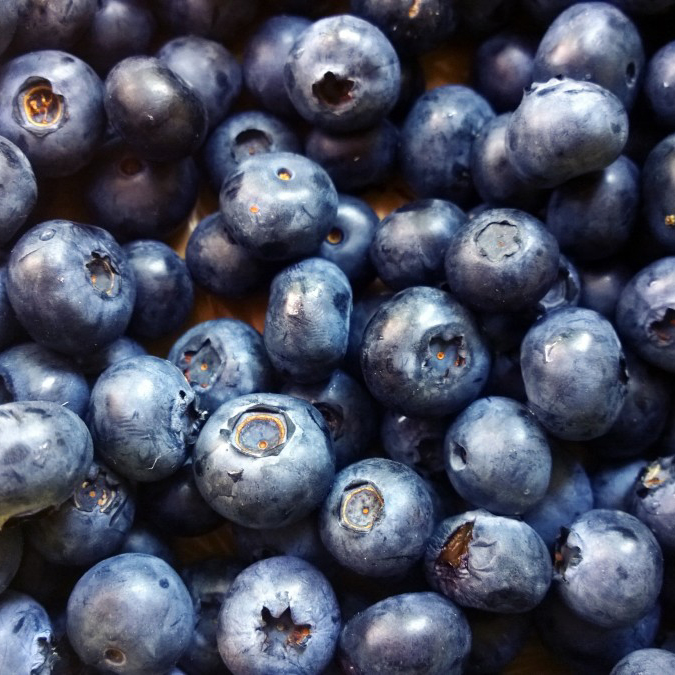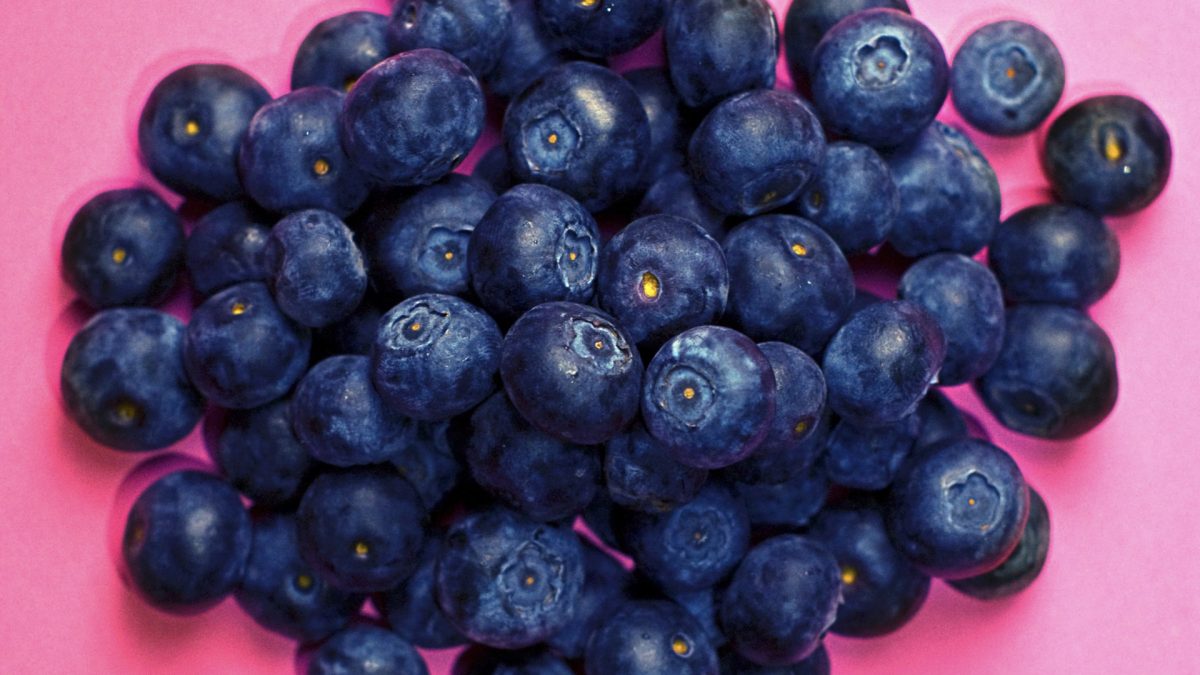
Blueberries
Berries, including blueberries, are the healthiest fruits—in part due to their plant pigments. They evolved to have bright, contrasting colors to attract fruit-eating critters to help disperse their seeds. Colorful foods are often healthier because they contain antioxidant pigments, whether it’s the beta-carotene that makes carrots and sweet potatoes orange, the lycopene antioxidant pigment that makes tomatoes red, or the anthocyanin pigments that make blueberries blue. The colors are the antioxidants.
Second only to herbs and spices as the most antioxidant-packed food category, berries, as a group, average nearly 10 times more antioxidants than other fruits and vegetables (and exceed 50 times more than animal-based foods). In my Daily Dozen, I recommend a daily serving of berries, in addition to three servings a day of other fruits.
Berries offer potential protection against cancer, a boost to the immune system, and a guard for the liver and brain. An American Cancer Society study of nearly one hundred thousand people found that those who ate the most berries appeared significantly less likely to die of cardiovascular disease.
Some of their antioxidant properties may traverse the blood-brain barrier, potentially providing neuroprotective effects by defending against free radicals—that is, protecting against the “rusting” of the brain. Indeed, blueberries appear to improve memory abilities in older adults exhibiting early cognitive deterioration and may protect against Parkinson’s. Blueberries have also been shown to reduce the oxidative stress in athletes caused by long-distance running and doubling the counts of their natural killer cells, white blood cells that are vital members of the immune system’s rapid-response team against virus-infected and cancerous cells.
For substantiation of any statements of fact from the peer-reviewed medical literature, please see the associated videos below.
Image Credit: Pxhere. This image has been modified.
Popular Videos for Blueberries

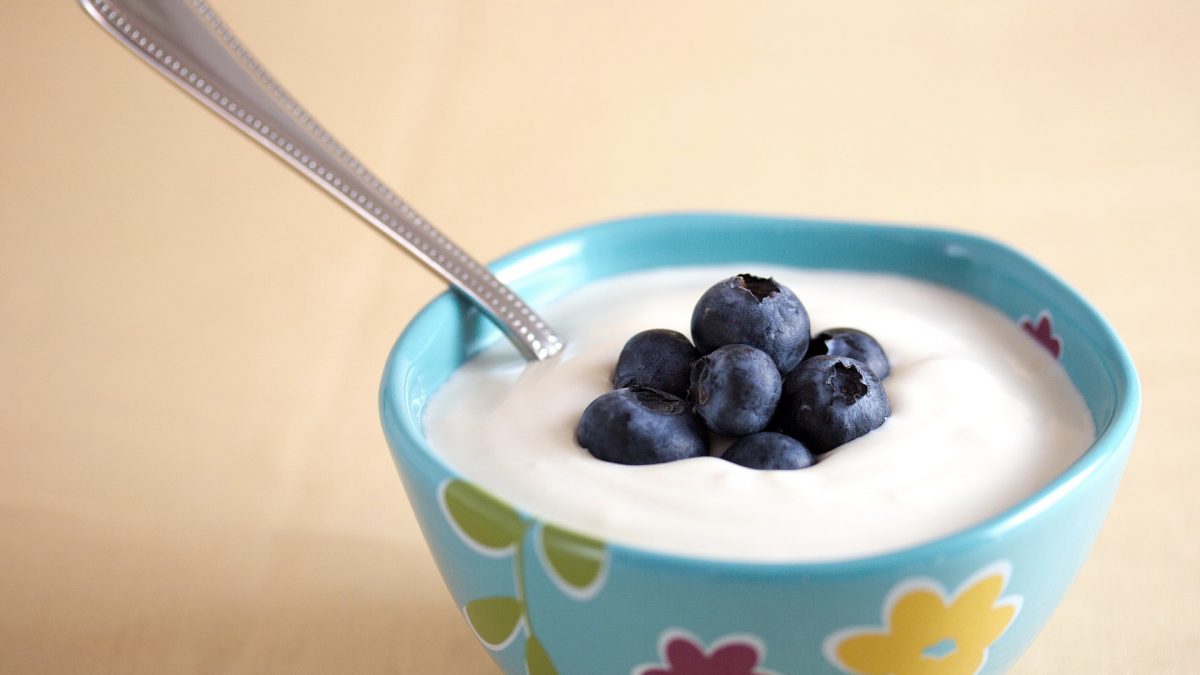
Benefits of Blueberries for Blood Pressure May Be Blocked by Yogurt
What happened when researchers tried to tease out what’s in dairy that interferes with the...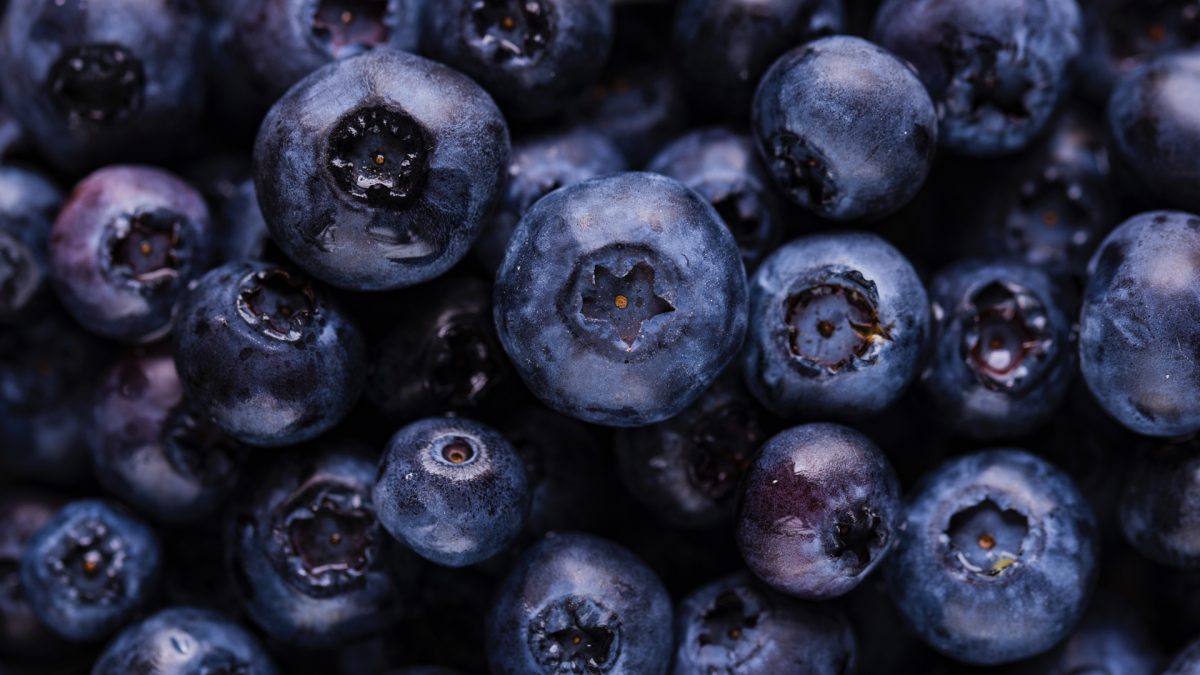
Benefits of Blueberries for the Brain
Blueberries can significantly improve cognitive performance within hours of consumption.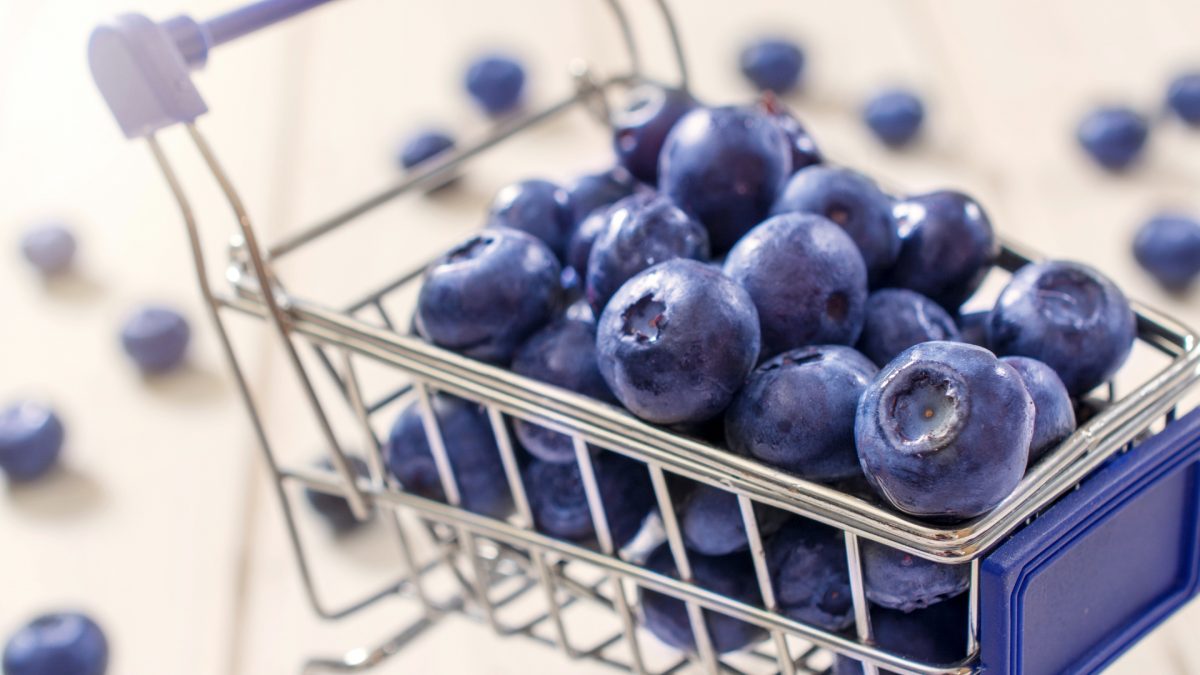
The Benefits of Açai vs. Blueberries for Artery Function
What are the effects of açai berries, cooked and raw blueberries, grapes, cocoa, green tea,...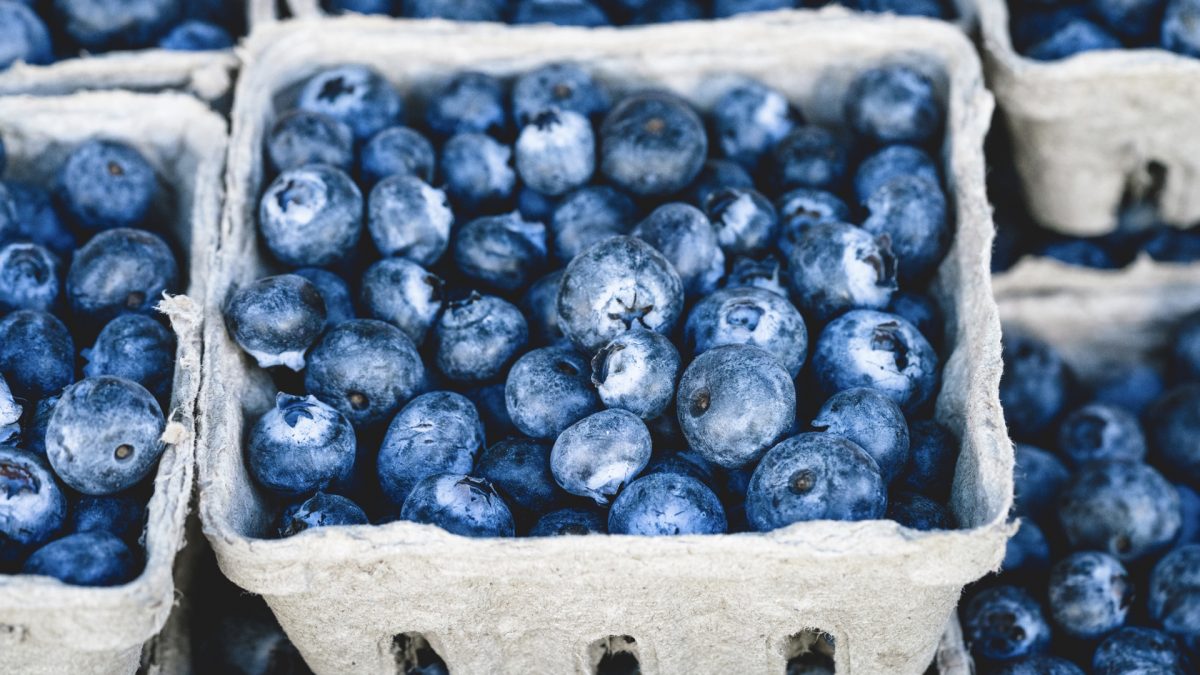
Benefits of Blueberries for Artery Function
What is the optimum dose of wild blueberries to eat at a meal?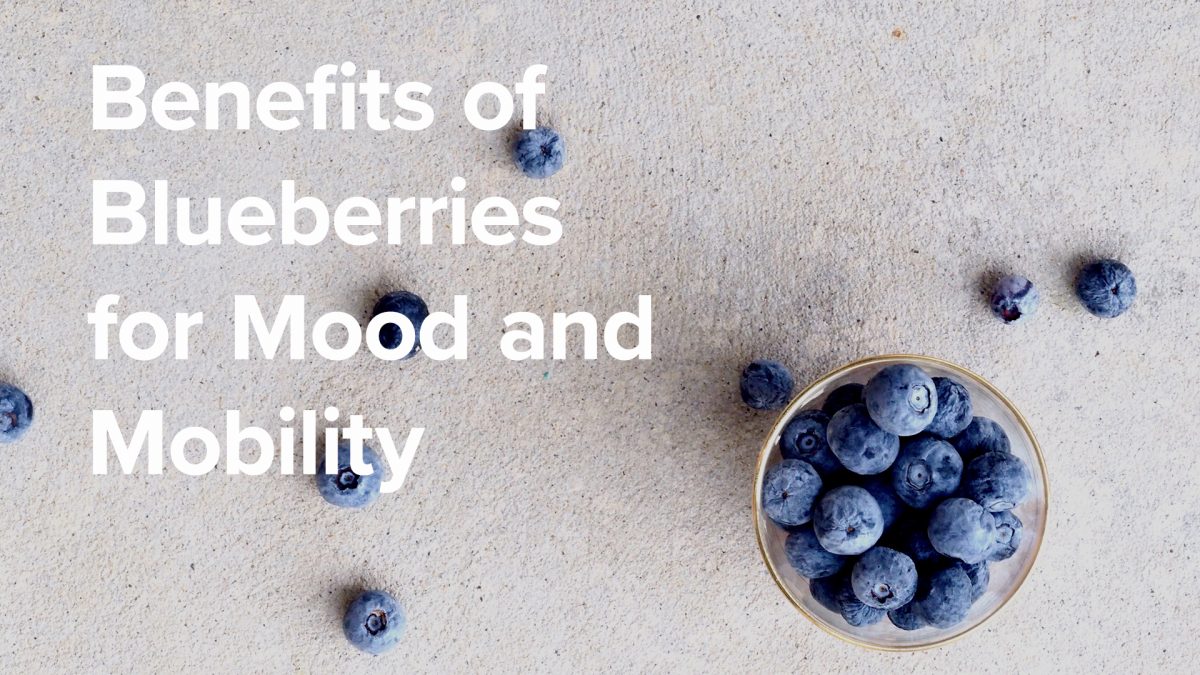
Benefits of Blueberries for Mood and Mobility
Randomized, double-blind, placebo-controlled trials of… blueberries!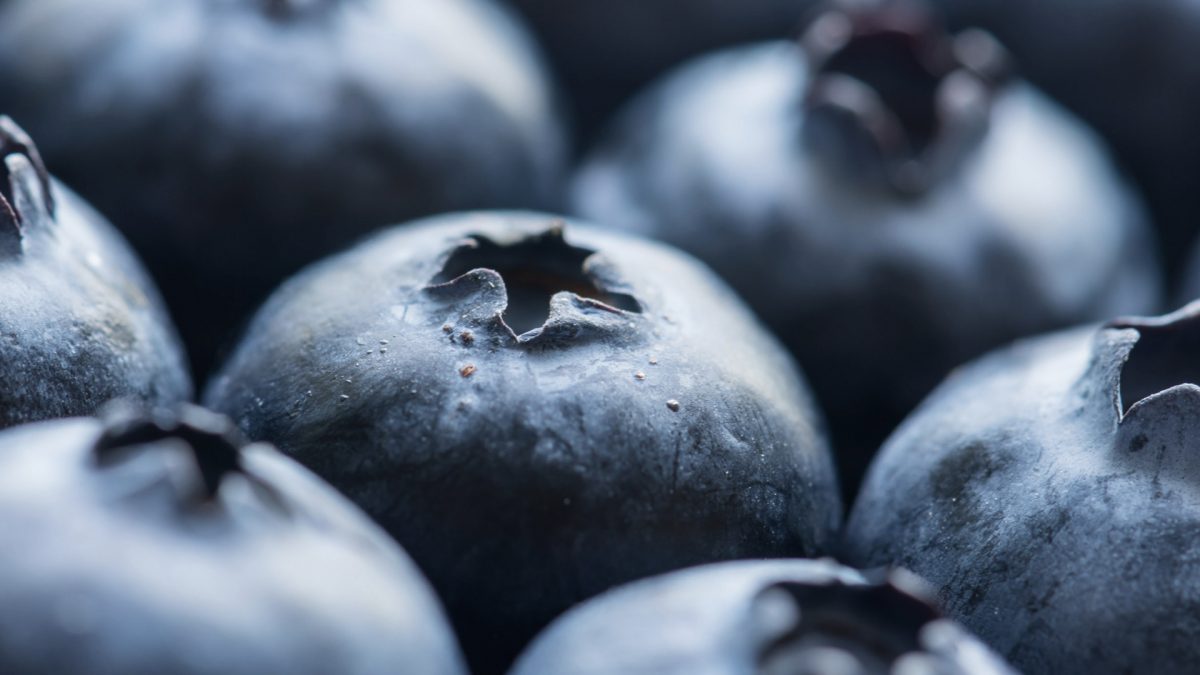
Benefits of Blueberries for Heart Disease
Blueberry tea is put to the test for cholesterol lowering.All Videos for Blueberries
-

The Highest Antioxidant: Apple, Bean, Berry, Lentil, or Nut?
The best apple, bean, berry, lentil, and nut are the ones you’ll eat the most of; but if you don’t have a strong preference, which has the highest antioxidant power?
-

The Benefits of Saffron for Treating Age-Related Macular Degeneration
Eight threads of saffron a day can improve visual acuity in older adults with mild or moderate age-related macular degeneration.
-

Anti-Inflammatory Foods: The Benefits of Berries
Which fruits have anti-inflammatory effects and which do not?
-

How Not To Age – Live Presentation
In this live lecture, Dr. Greger offers a sneak peek into his latest book, How Not to Age, a New York Times Best Seller.
-

The Supplement Shown to Slow Age-Related Hearing Loss
Some studies found that higher levels of folate in the blood seem to correlate with better hearing, so researchers decided to put it to the test.
-

The Fat-Blocking and Appetite-Suppressing Effects of Thylakoids
What is a natural way to cut down on unhealthy food cravings?
-

Why All Athletes Should Eat Plant-Based Diets
Enhance athletic performance with diet.
-

Foods to Help Protect Your Arteries from Saturated Fat
If you’re going to have something unhealthy, is there anything you can eat with it to help mediate the damage it may cause?
-

The Healthiest Type of Potato
Are yellow-fleshed potatoes healthier than white? And, what about the glycoalkaloid toxins?
-

Which Foods Are Anti-Inflammatory?
Foods that reduce inflammation. What does an anti-inflammatory diet look like?
-

Extra Virgin Olive Oil for Arthritis
What happened when topical olive oil was pitted against an ibuprofen-type drug for osteoarthritis and rheumatoid arthritis?
-

Berries for Inflammation and Osteoarthritis Treatment
Double-blind, randomized, placebo-controlled trials on berries and the first clinical study on the effects of berries on arthritis.
-

Blueberries for a Diabetic Diet and DNA Repair
Blueberries are put to the test against insulin resistance, oxidation, and DNA damage.
-

Best Brain Foods: Berries and Nuts Put to the Test
Randomized controlled studies put nuts, berries, and grape juice to the test for cognitive function.
-

Benefits of Blueberries for Mood and Mobility
Randomized, double-blind, placebo-controlled trials of… blueberries!
-

Benefits of Blueberries for the Brain
Blueberries can significantly improve cognitive performance within hours of consumption.
-

Benefits of Blueberries for Blood Pressure May Be Blocked by Yogurt
What happened when researchers tried to tease out what’s in dairy that interferes with the health benefits of berries and tea?
-

Benefits of Blueberries for Artery Function
What is the optimum dose of wild blueberries to eat at a meal?
-

The Best Food for High Cholesterol
Are the apparently amazing benefits of amla—dried Indian gooseberries—too good to be true?
-

The Benefits of Açai vs. Blueberries for Artery Function
What are the effects of açai berries, cooked and raw blueberries, grapes, cocoa, green tea, and freshly squeezed orange juice on artery function?
-

Why Is Nutrition So Commercialized?
Why is the field of nutrition often more about marketing products than educating people about the fundamentals of healthy eating?
-

Berries vs. Pesticides in Parkinson’s Disease
Berries counteract the neurotoxic effects of pesticides in vitro, potentially explaining why berry consumption is associated with lower risk of developing Parkinson’s disease.
-

Vinegar and Artery Function
Sprinkling vinegar on greens may augment their ability to improve endothelial function.
-

Brown, Black, Purple, and Red Unlike White on Rice
White rice is missing more than fiber, vitamins, and minerals. Phytonutrients such as gamma oryzanol in brown rice may help explain the clinical benefits, and naturally pigmented rice varieties may be even healthier.
-

Liquid Calories: Do Smoothies Lead to Weight Gain?
If our body doesn’t register liquid calories as well, why are blended soups more satiating than the same ingredients eaten in solid form?
-

How Much Fruit Is Too Much?
Does the threshold for toxicity of fructose apply to fruit or just to added industrial sugars such as sucrose and high fructose corn syrup?
-

Preventing Alzheimer’s Disease with Plants
If foods like berries and dark green leafy vegetables have been found protective against cognitive decline, why aren’t they recognized as such in many guidelines?
-

Juicing Removes More than Just Fiber
The majority of polyphenol phytonutrients may be bound to fiber, helping to explain the marked difference in health impacts between whole fruit and fruit juice.
-

How to Diagnose Gluten Intolerance
After a formal evaluation to rule out celiac disease, those who suspect they might have gluten sensitivity should first try improving their diet and then have other causes excluded before going on a gluten-free diet, since as many as 1 in 3 people who avoid gluten for symptom control end up having a different disease altogether.
-

Prevent Cancer from Going on TOR
Suppressing the engine-of-aging enzyme TOR (Target of Rapamycin) by reducing intake of leucine–rich animal products, such as milk, may reduce cancer risk.
-

The Best Way to Cook Sweet Potatoes
How does sweet potato baking compare to boiling and steaming, and should we eat the skin?
-

How to Slow Brain Aging by Two Years
The consumption of blueberries and strawberries is associated with delayed cognitive aging by as much as 2.5 years—thought to be because of brain-localizing anthocyanin phytonutrients, as shown on functional MRI scans.
-

Food Antioxidants and Cancer
Antioxidant intake from foods (not supplements) is associated with lower cancer risk.
-

Dietary Treatment of Glaucoma
Blueberries may help protect against age-related macular degeneration, and black currants may help halt the progression of glaucoma.
-

Boosting Natural Killer Cell Activity
Blueberry consumption may double the population of our cancer-fighting immune cells, and the spices cardamom and black pepper may boost their activity.
-

Antioxidant-Rich Foods with Every Meal
To stay out of oxidative debt, we need to take in more antioxidants than we use up.
-

How to Reach the Antioxidant “RDA”
Even nine servings of fruits and vegetables a day may not reach the minimum recommended intake of antioxidants if one doesn’t make the right choices.
-

Reducing Muscle Soreness with Berries
Anti-inflammatory phytonutrients in berries may explain why cherries can speed recovery after a marathon—by reducing muscle pain in long-distance runners.
-

Which Fruit Fights Cancer Better?
The ability of eleven common fruits to suppress cancer cell growth in vitro was compared. Which was most effective—apples, bananas, cranberries, grapefruits, grapes, lemons, oranges, peaches, pears, pineapples, or strawberries?
-

Apple Juice May Be Worse than Sugar Water
Why the spike in antioxidant levels in our bloodstream after drinking apple juice might not be a good thing.
